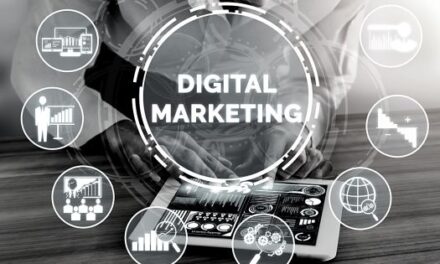There are so many layers to our awareness. In those layers of consciousness are belief systems that are shaped by experiences and the social structures we are raised in. A belief system is anything you take as authoritative truth.

Being raised under the values of parents, teachers, friends and other influences shapes how we see the world. Many of these belief systems are not conscious. Think about this as a rough example – you may be drawn to blue as opposed to yellow because you associate it with your childhood bedroom, but you might not even be aware that you’re more drawn to one colour over the other. These biases affect the way in which we interact with others and run our businesses.
Is there an unconscious bias that sneakily affects the way you do business?
The problem with unconscious biases is that they’re sneaky. We’re not aware that we have them, that’s why they’re unconscious. To admit you may have unconscious biases requires a good degree of maturity and a well-developed sense of self-leadership.
Interoception (the ability to self-analyse your internal state) to discover what biases you have can help you to identify the little hurdles that hinder your ability to grow your business. There are many hidden biases that do this. For example, only hiring people from within a certain segment of society because your unconscious belief system tells you that they’re more capable than others. While diversity and inclusion remain hot topics, hidden biases prevent good actions from being implemented in an impactful way.
One of the most common biases is in the HR department. Companies tend to hire candidates that they most relate to. For example, hiring an account manager that uses a wheelchair is less likely to happen if there are other candidates to choose from, even if this individual is the most qualified for the position. The role of the wheelchair is irrelevant to the job.
Not only do these biases dictate the overall state of society in which a large number of people feel discriminated against, but it also holds back business growth. That qualified account manager may have possessed more leadership capabilities, better client satisfaction skills and a great overall dedication to the position than the others. Had the employer set aside those hidden biases, the business may have landed a lifelong employee with some of the best KPIs.
However, the tragedy is that most employers don’t realise they acted within a bias. They simply went with the candidate they felt is best suited to the job without examining why they felt that candidate is best. An unbiased approach that is still discerning would have entailed asking the candidate that uses a wheelchair what support they will require from the company in terms of time off, accessibility, and other special requirements. Rather than assuming this candidate might not handle the workload or the commitment, to be open and ask the right questions.
How to remedy the belief systems you don’t even know you have
Get awareness by shining the light on the subtle biases you didn’t know you have. This helps you to establish whether they’re useful or disruptive. There are a number of helpful coaching programs that help leaders to identify the ways in which they’re actually holding their businesses back without realising it.
Get external help. Once you know where your biases lie, get help in addressing them. Biases are a form of self-protection, for example, not hiring someone with a disability even though they’re qualified for the job means there’s some hidden worry that the candidate might not perform well or otherwise set you back. Pull that bias apart to understand the fear and address it so that the bias can be resolved.























